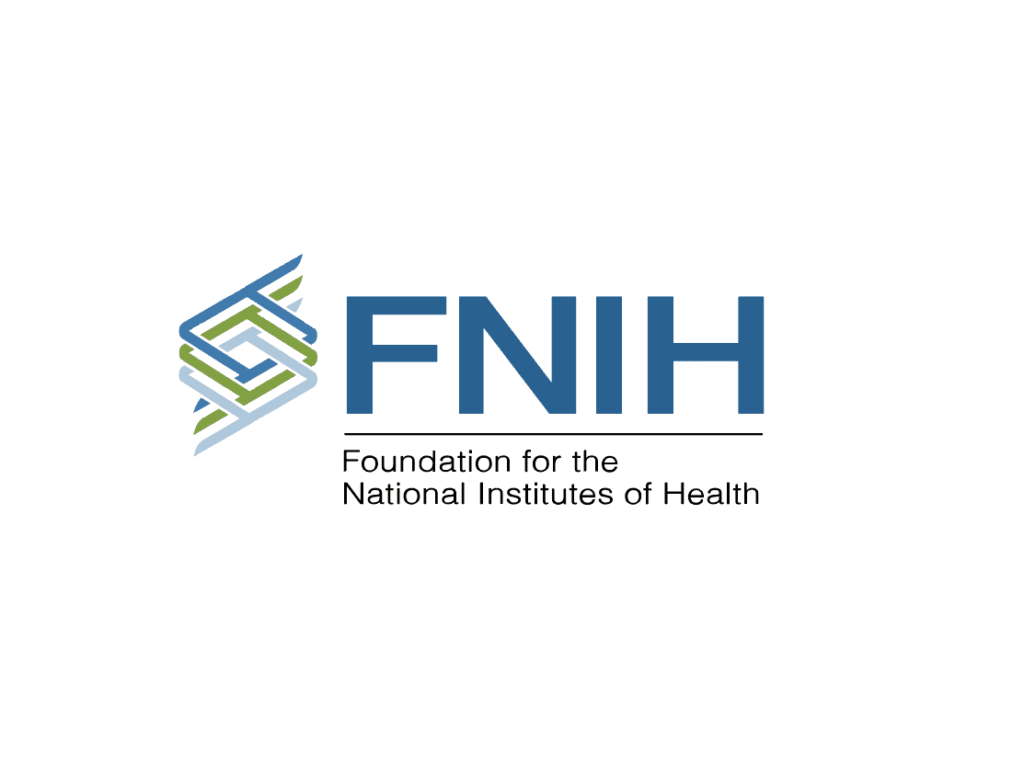

The NHC Outlines Policy Priorities to Address by the End of the Public Health Emergency (PHE)
By: Allen Pinn, Policy Coordinator
The National Health Council (NHC) regularly releases domains and values pertinent to the millions of individuals living with a chronic disease and their caretakers. Our domains and values guide our policy work and help us analyze and advance legislation quickly and effectively.
On July 15, 2022, Secretary of Health and Human Services Xavier Becerra extended the current public health emergency (PHE) declaration correlated to the ongoing COVID-19 pandemic through October 13, 2022. The federal government has put in place significant flexibilities and policies tied to the PHE that have benefited patients. In preparation for the eventual end of the PHE, the NHC is calling for Congress and the Administration to fully prepare for it by ensuring appropriate flexibilities continue and new processes and guardrails be put in place to ensure patients do not lose access to coverage gains or other benefits. We have organized these priorities in a document that was approved by our Board of Directors on July 26.
There are five key priorities outlined in the document:
- Increased Access to Care
- Expansion of Policies that Increase Coverage
- Addressing COVID in a Non-PHE Environment
- Incorporation of Lessons Learned in Medical Innovation
- Preparation for Future Pandemics
The following is more detail about the specific policies included in each area.
Increased Access to Care
The creation of sustainable models for telehealth are necessary to ensure continuity of care. We want to ensure telehealth continues to be an option for patients when they choose. The NHC is also calling for continued and improved processes for individuals to access services such as infusions and injections in the comfort of their homes. Additionally, access to mental and behavioral health services also needs to be increased to address heightened demand.
Expansion of Policies that Increase Coverage
Individuals undergoing redetermination for Medicaid eligibility should be guaranteed protection. There needs to be a fair and transparent process in place to ensure patients have the information they need to enroll in available coverage. One way of ensuring this is continued access to expanded premium subsidies, which allowed a record number of individuals to gain health care coverage through the ACA Marketplace. In addition to expanded subsidies, the NHC also encourages continued incentives for states to expand Medicaid and alternatives to Medicaid for individuals who fall into Medicaid gap. Lastly, coverage for mental and behavioral health should be increased in association with heightened need.
Addressing COVID in a Non-PHE Environment
As COVID enters an endemic phase, it is critical vaccines, testing, and clinically appropriate treatments are made available at an affordable price. If federal funding expires for COVID-19 therapeutics, the federal government must ensure a well outlined transition to a public-private partnership for the distribution of health remedies. The NHC also recommends that public health information be made easily accessible to the public regarding vaccines and the prevention of COVID-19. Finally, as more Americans are diagnosed with long COVID, more research is needed to better understand long COVID and ensure patients have access to necessary care and treatments.
Incorporation of Lessons Learned in Medical Innovation
If there is one unseen benefit to the COVID-19 pandemic, it has been new ways of conducting biomedical research. To benefit from medical innovations made during the pandemic, the NHC is urging for the following:
- Increased access to decentralized trials;
- Incorporation of real-world evidence into medical innovation; and
- More convergence between domestic and international standards.
Preparation for Future Pandemics
Finally, the NHC is calling for heightened preparedness for future pandemics. To prepare for the next pandemic, the NHC calls for the following:
- Investments in public health infrastructure;
- Disease prevention & management, including public awareness about mental health;
- Public education campaigns on public health; and
- Strengthening of health equipment/treatment supply chains.
For a more in-depth look at the domains and values, click here.


